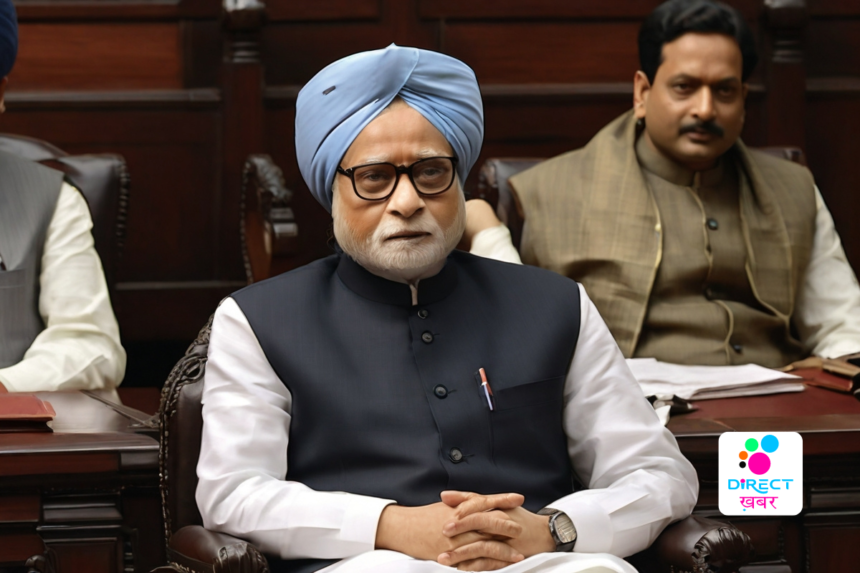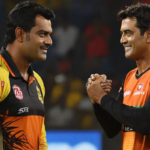Manmohan Singh’s 33-Year Rajya Sabha Journey: 5 Key Statements
Former Prime Minister Manmohan Singh’s retirement from the Rajya Sabha on April 3, culminated a remarkable 33-year journey in the Indian Parliament. At 91 years old, Singh’s political career spans pivotal moments in Indian history, notably his tenure as Finance Minister in 1991, where he orchestrated the liberalization of India’s economy, a move widely credited with transforming the nation’s economic landscape.
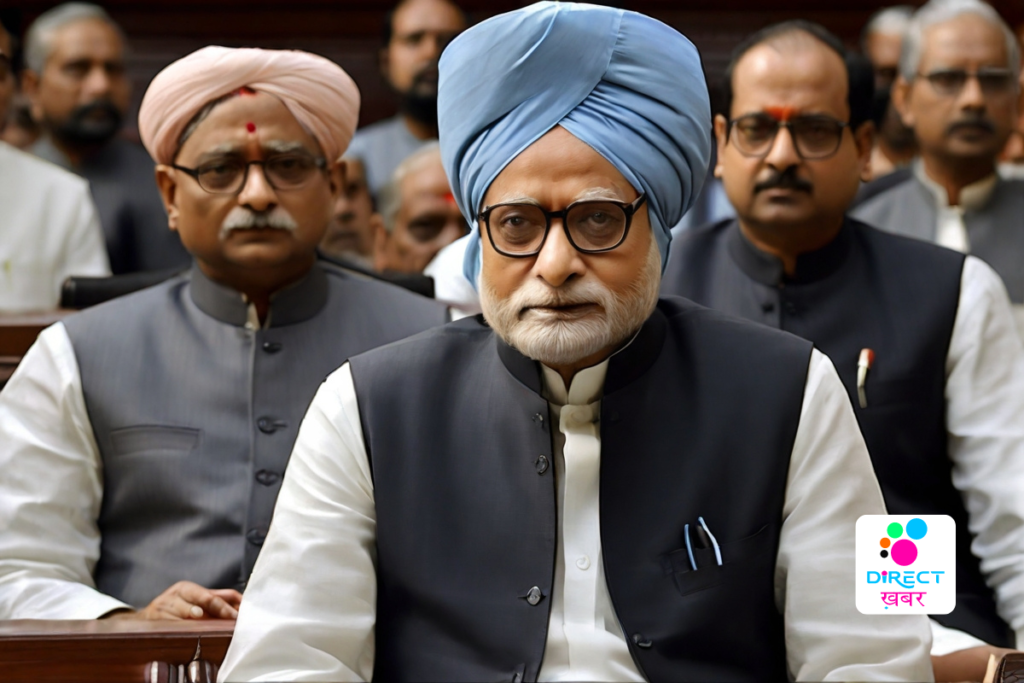
During his two terms as Prime Minister from 2004 to 2014 under the Congress-led UPA government, Singh continued to play a significant role in shaping India’s trajectory on both domestic and international fronts. However, in recent years, Singh’s public Rajya sabha appearances have been rare due to declining health, with his only notable outing in 2024 being at his daughter’s book launch in January.
Singh’s tenure as Prime Minister witnessed the implementation of several landmark social welfare programs, including the Mahatma Gandhi National Rural Employment Guarantee Act (MNREGA) and the Right to Education, aimed at uplifting marginalized sections of society. Additionally, his government introduced key economic reforms such as Direct Benefit Transfer (DBT) and the Aadhaar identification system.
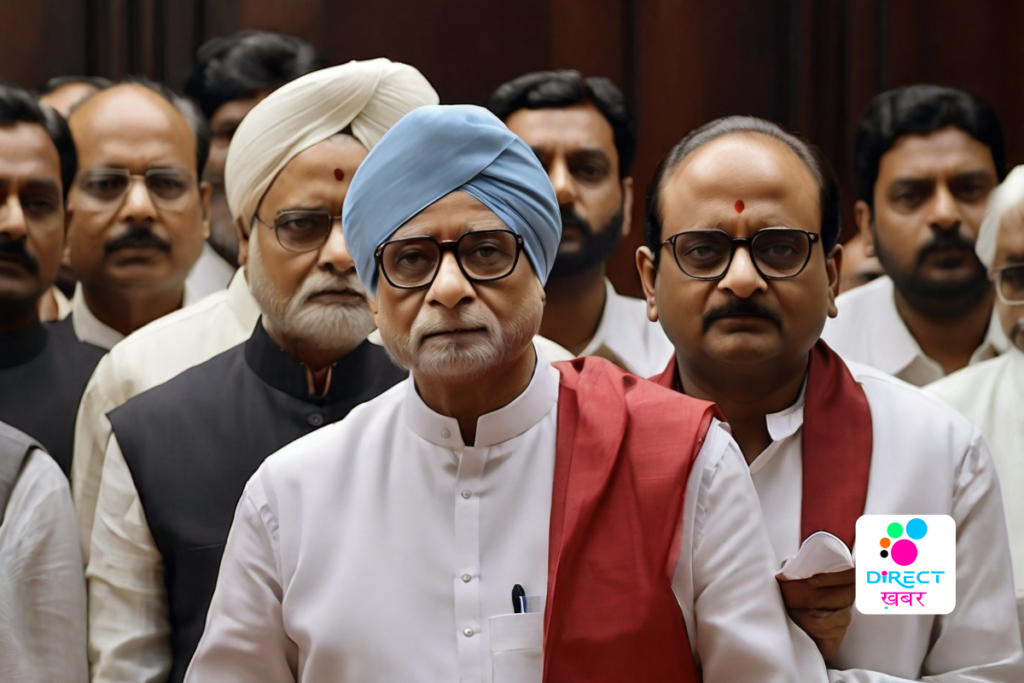
Despite these achievements, Singh’s later years in office were marred by corruption scandals and economic challenges, leading to criticism from political opponents who labeled him a ‘weak’ Prime Minister. The defeat of the Congress-led UPA government in the 2014 elections marked the end of Singh’s tenure as Prime Minister, paving the way for Narendra Modi to assume office.
Singh’s parliamentary career began in 1991 when he was nominated to the Rajya Sabha by the Congress party. Over the years, he represented Assam for five terms before shifting to Rajasthan in 2019 for his final term. The law mandates that a Prime Minister or Union Minister must be a member of either the Lok Sabha or Rajya Sabha, underscoring the significance of Singh’s tenure in the upper house.
Throughout his career, Singh’s statements have often resonated beyond the political arena. His inaugural speech as Finance Minister in 1991, where he declared, “India is now wide awake,” remains etched in the annals of Indian economic history. In 2014, amidst criticism of his leadership, Singh defended his legacy, expressing confidence that history would judge him favorably.
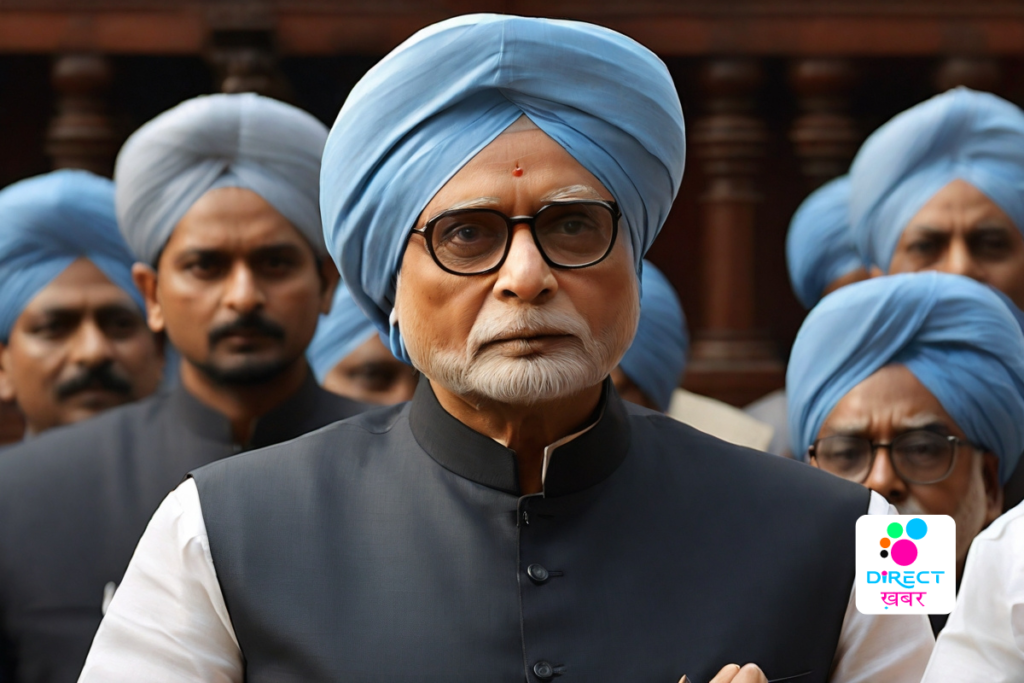
However, Singh’s remarks on Narendra Modi, then the Prime Ministerial candidate for the BJP, garnered attention. He expressed concern that Modi’s ascension to power would be disastrous for the country, a sentiment he later softened, acknowledging that his choice of words was too harsh.
Singh’s retirement marks the conclusion of an era in Indian politics, leaving behind a legacy of economic reforms and social welfare initiatives that continue to shape the nation’s trajectory.
